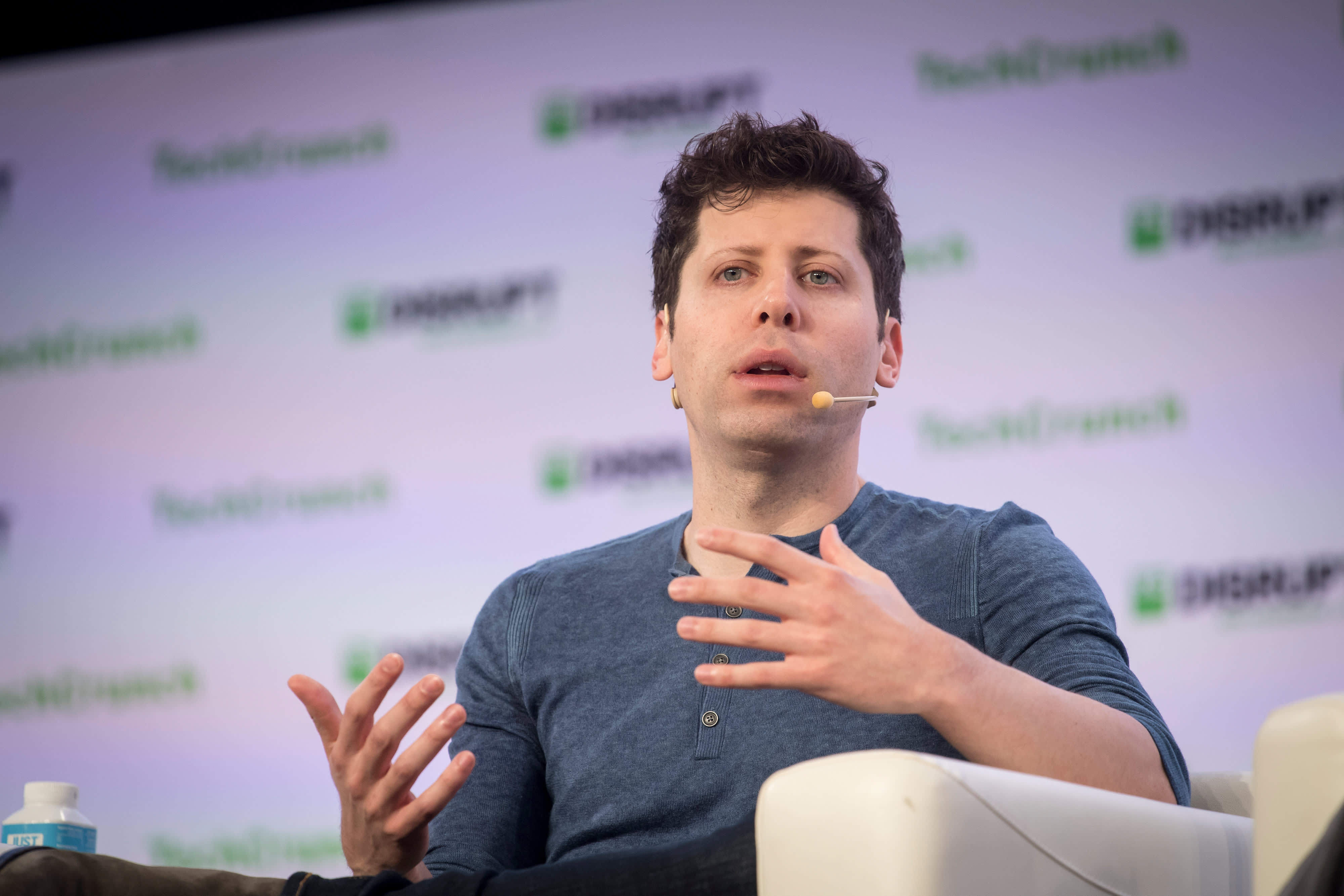An A.I. lab co-founded by Elon Musk and backed by Microsoft has raised $250 million

Sam Altman, co-founder and chief executive officer of OpenAI Inc., speaks during TechCrunch Disrupt 2019 in San Francisco, California, on Thursday, Oct. 3, 2019.
David Paul Morris | Bloomberg | Getty Images
Microsoft-backed OpenAI, the artificial intelligence lab that competes with Alphabet’s DeepMind and Meta AI, says it has raised $250 million from investors.
Sam Altman, OpenAI’s co-founder and CEO, announced the series A funding round on Twitter late Wednesday without disclosing the valuation or the specific investors.
“After our pre-friends-and-family round in 2016, our F&F round in 2017, our angel round in 2018, our pre-seed round in 2019, our seed round in 2020, and our seed extension in 2021, we’re delighted to share we’ve raised a Series A of $250 million,” Altman wrote.
OpenAI, ranked by AI researchers as one of the top three AI labs worldwide, did not immediately respond to a CNBC request for comment.
Incorporated in San Francisco in 2015, OpenAI says it is trying to develop safe and friendly AI systems.
The company’s founders — Altman, Tesla CEO Elon Musk, Greg Brockman, Ilya Sutskever, Wojciech Zaremba and John Schulman — pledged to invest over $1 billion into the venture when they set it up. Musk resigned from the board in February 2018 but remained a donor.
In July 2019, Microsoft backed OpenAI with $1 billion. The investment made Microsoft the “exclusive” provider of cloud computing services to OpenAI.
OpenAI has developed game-playing AI software that can beat humans at video games like Dota 2. However, it’s arguably received more press attention for its AI text generator GPT-3 and its quirky AI image generator Dall-E.
Altman believes AI has a lot further to go, however. Indeed, he expects AI to generate enough wealth to pay every adult in the U.S. $13,500 a year in as little as 10 years from now.
“My work at OpenAI reminds me every day about the magnitude of the socioeconomic change that is coming sooner than most people believe,” said Altman, the former president of renowned start-up accelerator Y-Combinator, in a blog post last year. “Software that can think and learn will do more and more of the work that people now do.”